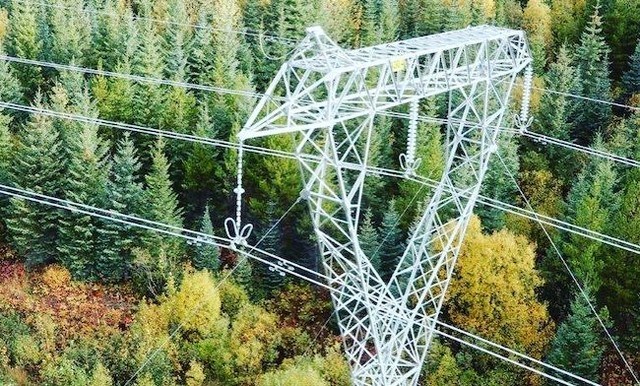If you tune into the news or are active on social media, odds are you’ve seen a growing number of stories questioning whether B.C. has enough electricity and suggesting government needs to ease off on policies and programs that encourage businesses and British Columbians to electrify, switching from fossil fuels to clean electricity.
In recent months several organizations have popped up to actively push this narrative, publishing analysis aimed at raising alarm about whether B.C.’s grid is up to the challenge of substituting clean power for fossil fuels. While they claim concern about climate change, their actions and advice make their intention clear: To preserve and perpetuate the market share for oil, natural gas and the vehicles and furnaces that burn them.
The B.C. Coalition for Affordable Dependable Energy (BCCADE)—which advocates for the continued use of natural gas—has been promoting an analysis of the implications of replacing the natural gas currently used in residential and commercial buildings with electricity. For starters, this isn’t something prescribed by any provincial or municipal policy, but even if it was their calculation—that the province would require 41,100 gigawatt hours of additional electricity generation—is simply wrong. Regrettably, this analysis falls victim to something called the primary energy fallacy, which fails to account for the efficiency gains from electrification.
While gas furnace efficiency ranges from 80 per cent to 90 per cent, an electric heat pump is, conservatively, more than twice as efficient. Similarly, an electric hot water tank is around 30 per cent more efficient than its gas equivalent. When you factor in these significant efficiency gains, total energy requirements for residential and commercial buildings drop; replacing current natural gas use would require about 20,000 gigawatt hours of additional electricity generation—just half the amount touted by BCCADE.
Which brings us to the ongoing efforts of the Energy Futures Institute, an initiative of Resource Works, to raise the alarm about whether B.C. has sufficient electricity in the near term, let alone in an electrified future. To spark public anxiety, the Institute has focused on BC Hydro’s recently increased reliance on electricity imports—precipitated by drought conditions—while mostly ignoring BC Hydro’s procurement of additional supply (which will be repeated every two years), and publishing research that overestimates future demand from electric vehicles (EVs) by at least double.
First, it’s important to acknowledge that BC Hydro is adapting to two realities: The growing impacts of climate change and growing demand for clean electricity to help tackle climate change through electrification. It’s why BC Hydro is continuously monitoring and adapting its operations as new climate science emerges, while procuring additional supply contracts every two years. BC Hydro’s current call for power received proposals for triple the amount of electricity it is seeking, with 21 proposals from independent power producers with projects in almost every region: Eight from the Southern Interior, four from the Central Interior, five from the North Coast, two from the Peace Region and two from Vancouver Island. Wind, solar and batteries can be built quickly and technology costs have been dropping over the last decade as global production has increased exponentially—by 90 per cent for solar, 70 per cent for onshore wind and more than 90 percent for batteries. Paired with the province’s flexible hydro reservoirs, B.C is well positioned to increase its role in delivering reliable, affordable clean power.
Second, B.C.’s recent reliance on electricity imports—and its longstanding electricity trade with our neighbours that has helped keep rates low—shouldn’t be seen as a liability, but a benefit. Numerous studies have concluded that interties (transmission interconnections) linking provinces and states are more reliable, resilient and affordable. For example, forthcoming research finds that more electricity trade with Alberta would reduce capital costs for new generation, reduce greenhouse gas emissions and strengthen resilience.
Fomenting the fear that B.C. doesn’t have enough power and leveraging that fear to argue the province should do less to tackle climate change does a disservice to British Columbians. It doesn’t enrich but diminishes the dialogue that we need to have in B.C. about how we produce and use energy.
British Columbians deserve less heat and more light in this discussion. Or put more simply, less fear-mongering and more facts.
Dan Woynillowicz runs Polaris Strategy and Insight, advising companies, organizations and governments on strategy and policy to navigate climate change and the transition to clean energy. Madeleine McPherson leads a research team at the University of Victoria focused on modelling the transition to a clean energy system.




